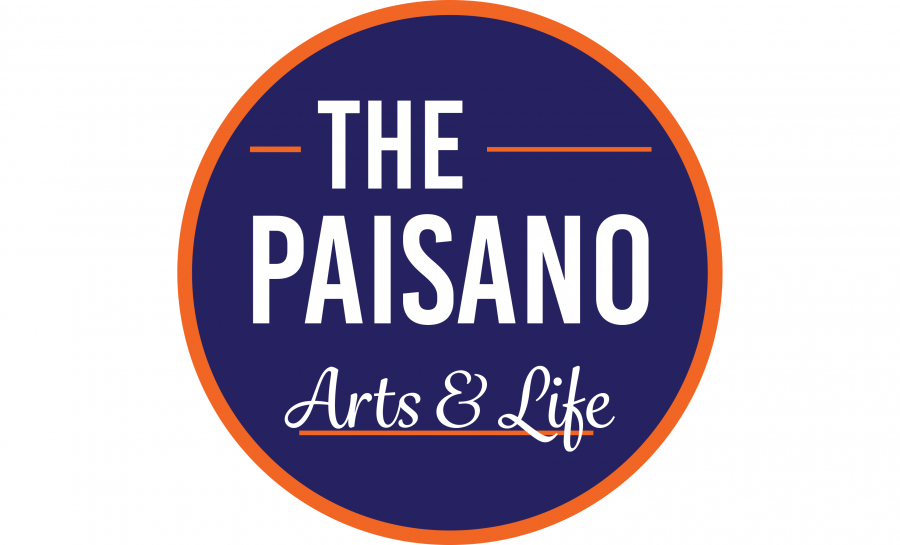“What does it mean to be a cosmic citizen?”
To this day, it remains a mystery as to how elements first formed, comprised of the exact proton-to-neutron-to-electron ratio, which permitted the emergence of the most fundamental components of life.
Then, to consider our own human evolution as we branched away from our four-limbed knuckle-walking predecessors, matters become even more astounding.
The very notion that we could be, and had to be, interconnected to this unusual cycle of events seems only reasonable. We are, after all, a product of the madness.
The basic ideology surrounding astrology grew out of the relationship between our planetary alignment and the corresponding environment here on Earth. When some of the earliest humans gazed upon the stars, certain constellations became visible at particular locations during Earth’s orbit around the sun.
Through diligent observation of these trends, our ancestors were eventually able to forecast which crops would subsist best or when they would need to prepare for colder temperatures and seasonal floods.
The correlation between Earth and sky — and human recognition of this correlation — provided us with a necessary tool in survival. The skies allowed us to predict with some degree of accuracy how to better live here, how to measure time and how to comprehend our infinitesimal presence in the discernable cosmos.
Human nature lends itself to selfishness though, and it was truly inevitable that we took this relationship a step further.
Astrological belief is rooted in the fact that our astronomical location goes beyond the predetermination of our climates, seasons and crop successes — that it can preset how we exist and behave throughout the course of our lives.
The term astrology is taken from the Greek roots “astron” and “logos,” respectively translated as star and word/speech, or “star talk.” Astrology can be traced back to as early as the third millennium B.C.E. in Mesopotamian regions, and throughout history, astrological practitioners were utilized to advise royalty and empires as to which courses of action were to be taken during times of war and plight.
The Zodiac calendar sections Earth’s annual orbit around the sun into increments of 30°, effectively delineating 12 distinct archetypes of human personality and livelihood in the spirit of “as above so below” in regard to our very being amongst the stars.
Take, for instance, a person whose birthday falls on May 31. His/her placement upon the orbital spectrum predicts that he/she will develop into a communicative, intellectual and sometimes-verbose human being.
The “truth” within these predictions feels comforting. Astrology enables us to feel a connection to this lifetime, as if our existence holds actual weight as thanks to our origination amidst the starry skies.
But is this simply delusion? Are we fundamentally evading the truth when we take these messages to heart?
In light of recent technology and a better understanding of our cosmic whereabouts, it is important to note that our astronomical position has shifted immensely since the Middle Ages, when the Zodiac signs were first set in stone.
Our Earthly orbit today reflects little of what those initial Zodiac signs predicted, and the constellations we currently observe no longer correspond to the constellations which Sagittarius, Leo, Pisces and the others were originally based upon.
Constellation size matters little to astrology, considering the fact that some star groups, like those of the enormous Virgo, are split up to level out the playing field. A portion of Virgo and Scorpio stars were used to fill in the gaps constituting the smallest constellation, Libra, which in turn, allowed each of the 12 Zodiac date ranges to be relatively equal, and to occupy an entire year’s worth of days.
There is even a 13th constellation, Ophiuchus, which Earth frequently passes through and goes utterly neglected in astrological lore. Not only is this outlandish — it’s completely invalidated.
Nonetheless, there are many today who still believe in the wonder of the “star talk.” Statistics reveal that nearly a third of Americans accept astrology as truth. Some even go as far to assume that astrology is “very scientific.”
In defense of astrology, it can be explained that one’s fate is not hopelessly written in the stars. One’s astrological horoscope may be compared metaphorically to one’s genetic heritage; it cannot be changed, but we can do what we may with what we are given.
The astrological horoscope is simply a map of those potentials and limitations, and astrology helps decide how best to make the most of those potentials and work within limitations.
We as human beings want so desperately to believe that we are special, that we were put here (or have evolved up to this point) with a definitive purpose and reason, and that there are greater forces at work within our lives — when much of science preaches the contrary. This does not go to say that we are meaningless, but that as of yet, we must acknowledge that we do not know for certain the reasons for our very nature and existence here.
As twenty-first century humans, we have a choice to make: progress with science, or look to the stars for answers.






